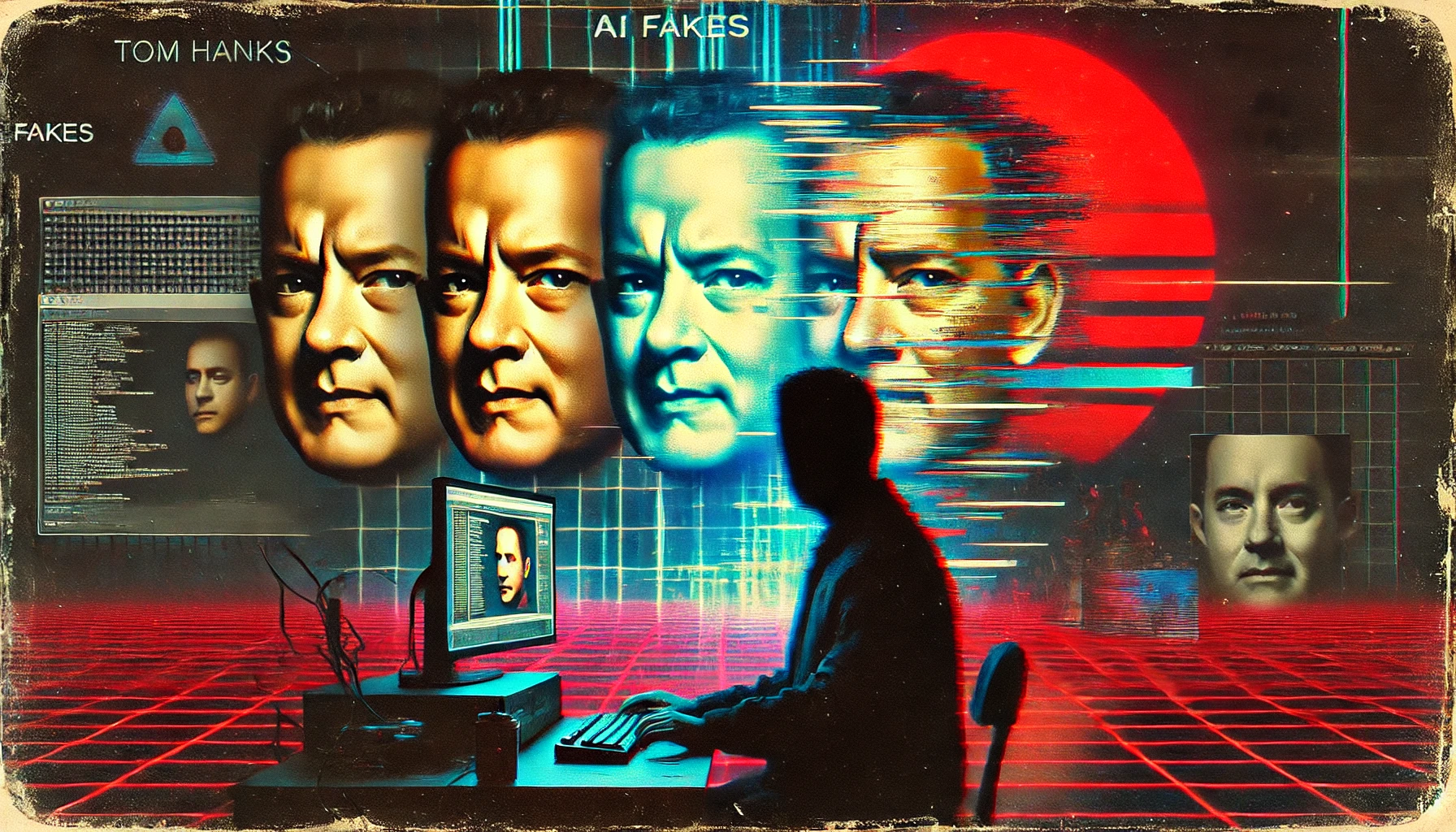Tom Hanks warned his fans not to be duped by ads using his likeness and voice to promote “wonder drugs” that claim to cure diabetes.
Scammers used AI fakes of Hanks last year to promote a dental plan scam and they appear to be at it again with a new set of ads. In an Instagram post, Hanks said, “There are multiple ads over the internet falsely using my name, likeness and voice promoting miracle cures and wonder drugs. These ads have been created without my consent, fraudulently and through AI.”
View this post on Instagram
Hanks isn’t the only celebrity targeted by AI scammers. Yellowstone star and Country music singer, Lainey Wilson, testified in front of Congress earlier this years during a hearing regarding AI and intellectual property. She said that her likeness was used without her permission to promote weight-loss gummies.
While there’s no federal right of publicity, most states have laws that protect individuals from the unauthorized use of their identities for commercial gain. These laws vary slightly from state to state, but generally, they grant celebrities the exclusive right to control and profit from the commercial use of their names, images, and likenesses.
The lack of federal laws and the ease with which anyone can create AI fakes make these AI hit-and-run scams very difficult to stop on social media.
New Californian digital replica laws
Two new bills regulating AI-generated replicas of performers were passed by the Californian Senate and now await Governor Gavin Newsom’s signature to become State law.
Media labor union SAG-AFTRA has been campaigning for greater protection for performers and lauded the passing of the bills. Last year we saw how someone created an AI-generated comedy show using deceased comedian George Carlin’s voice, to the dismay of his family.
AB 1836 now requires consent from family or the owners of deceased performers’ estates to create a digital replica of them.
In a statement lauding AB 1836, the union said, “For those who would use the digital replicas of deceased performers in films, TV shows, videogames, audiobooks, sound recordings and more, without first getting the consent of those performers’ estates, the California Senate just said NO.”
SAG-AFTRA has campaigned strongly for greater protection of the likeness of living performers too. Actors, voice artists, and other performers have expressed fears that Hollywood production companies could use AI to replicate them without consent or payment.
AB 2602 prohibits employers from using AI-generated digital replicas in place of human performers under certain circumstances. If Newsom signs the bill into law, employers would not be allowed to use an AI replica of a performer’s voice or likeness if it replaces work that the performer could have done in person.
In the absence of Federal AI laws, California is forging ahead with State laws to regulate the tech. The controversial AB 1047 AI safety bill is on Newsom’s desk awaiting his signature. There are rumors that some tech companies may consider leaving California if it becomes law.
Performers and SAG-AFTRA may be celebrating AB 1836 and AB 2602 but, if they’re signed into law, could we see film production follow tech companies in a Californian exodus?





